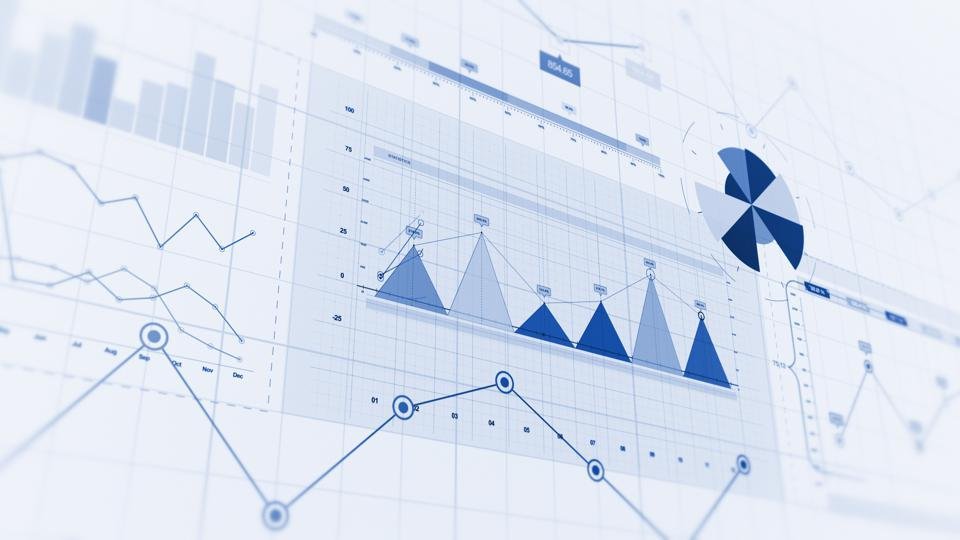To begin with, Data Analysts are those skilled professionals that are responsible for processing the raw data to mine useful insights from it. They can further be classified into the following types.
- Medical and health care analyst
- Market research analyst
- Business analyst
- Business intelligence analyst
- Operations research analyst
Table of Contents
How To Be A Data Analyst
To begin with, a Data Analyst needs to have at least a bachelor’s degree in IT, Computer science, or statics. A degree helps in clearing the basics and polishing the skills of an aspirant. Gaining experience is another primary task you need to complete to make a career in this field. Companies look for Data Analytics professionals and they have high demands. However, a fresher isn’t demanded much so it’s necessary to learn the workings and gain experience in it.
One can look for internships and live project works to have experience in it. In addition, taking in-house training can be beneficial for an individual. Above all, a certification will act as a boost to your career in Data Analysis. A certification is proof that you are an expert in a specific field. Various institutes provide Data Analyst Online Certification. Gather as many certifications as you can in Data Analytics as it acts as an advanced degree.
What Does A Data Analyst Do?
The primary objective of a data analyst is to examine the raw data and provide useful outcomes from it. Moreover, they help in extracting the needed data by using advanced technologies and removing the corrupted data. In addition, they determine the data meaning and perform additional data screening. Data analysts have the following responsibilities.
- Gather Data- Data Analysts are required to gather data by themselves as it helps in collecting exactly what they want. They use various methods to collect data such as surveys, polls, tracking customers. Etc.
- Clean Data- After gathering the data, comes cleaning it. This gathered data is refined and any duplicity and errors are removed from it. After that, the cleansed data is maintained in a spreadsheet or by using programming languages.
- Model Data- This process of data analysis includes storing the data based on categories. This process also focuses on the appearance of the data.
- Interpret Data- Data analysts search for the hidden insights and patterns in this process. This is one of the most significant steps of data analysis and it determines the results.
- Presentation- This is the last step in performing data analysis. It includes presenting the outcomes in a visual presentation like charts and graphs, writing reports to the interested parties.
Skills Required To Be A Data Analyst
These professionals should have the high mathematical ability and should have skills in SQL, Oracle & Python. In addition, they should be able to analyze, interpret and model the data. Problem-solving skills are a must and a methodical and logical approach is highly recommended. Above all, some centers provide Data Analyst Training in Noida and help in developing these skills. Apart from these, a Data Analyst needs to meet the deadlines so he/she should be capable of planning the work. In addition, good communication skills are also a plus point as it helps in presenting the results.
Tools Used By Data Analysts
Data Analysts are responsible for providing directions to a company. These professionals are indeed very skilled and efficient. However, they use some of the data analytics tools to conduct the task. Above all, these tools are software and applications that help in conducting analytical processes. Moreover, these tools help a Data Analyst in performing various activities such as conducting business intelligence, predicting analytics, modeling data, General purpose programming. Etc.
These tools provide business intelligence by analyzing, monitoring, and reporting the gathered analytics. Data Science consists of statistical analysis too and it is conducted with the help of tools that manipulate, explore, and generate insights. Both unpaid and premium tools are useful in data analytics. Given below are some of these tools that are useful for data analysts.
- R Programming
- Tableau Public
- Python
- SAS
- Apache Spark
- Excel
- RapidMiner
Conclusion
In conclusion, Data Analysts are useful in finding insights into the raw data. They gather, clean, model, interpret and present the data. There are a few sets of skills mandatory to be a data analyst. In addition, they use various tools and software to examine data and provide results.






